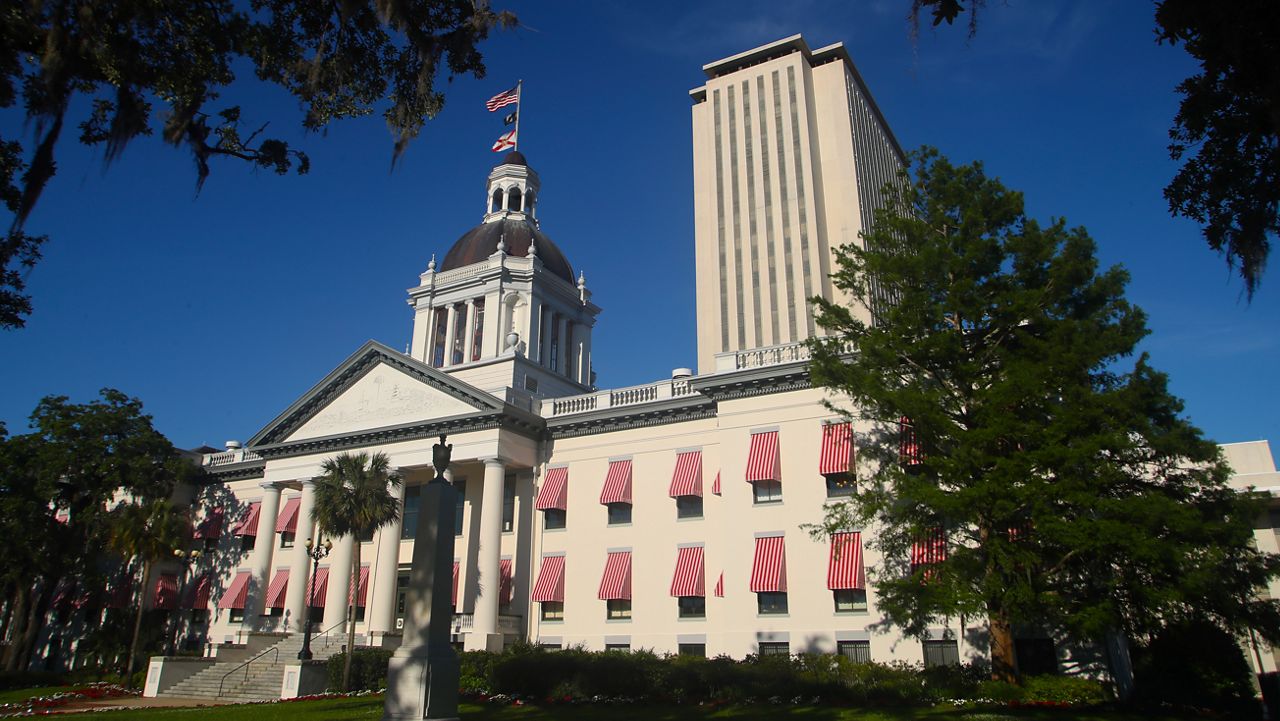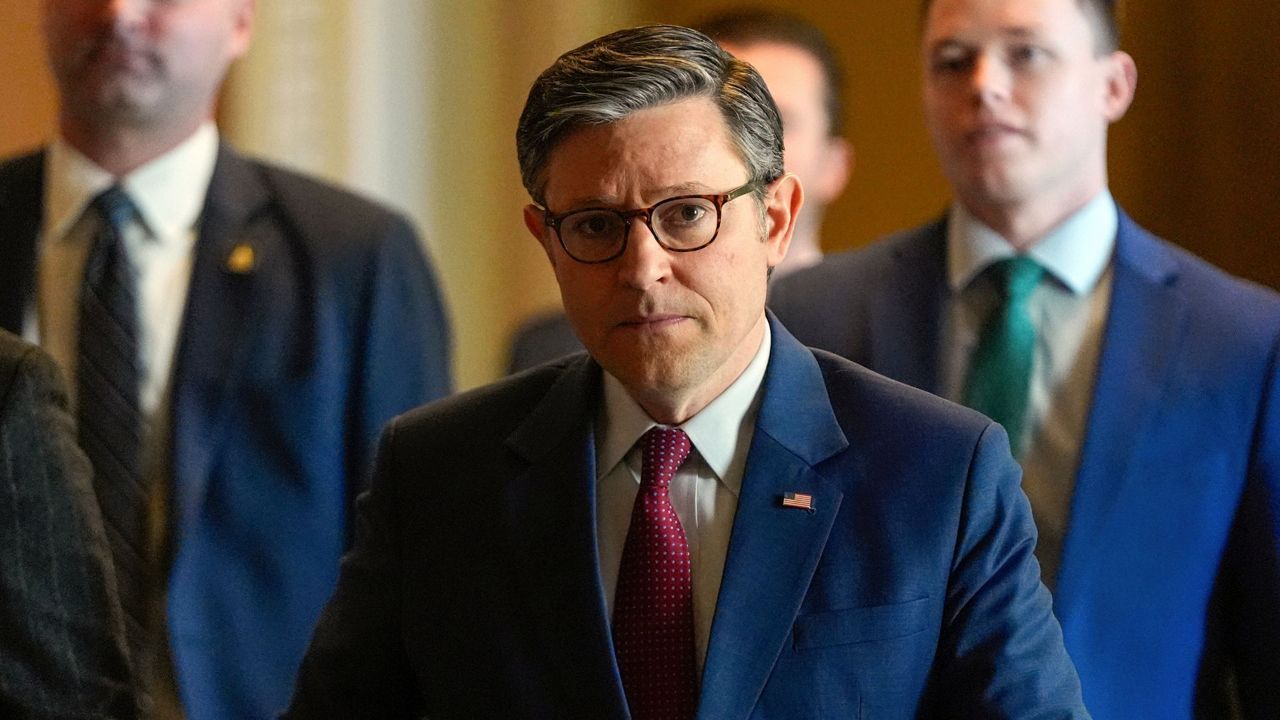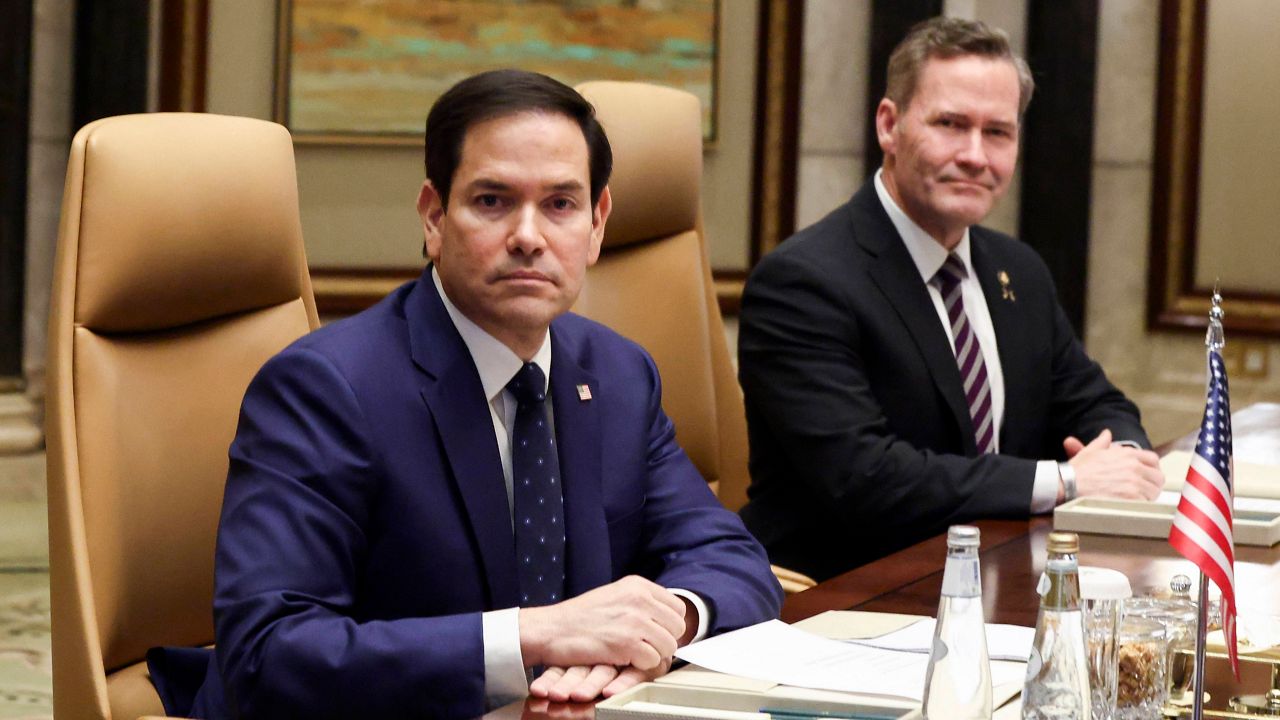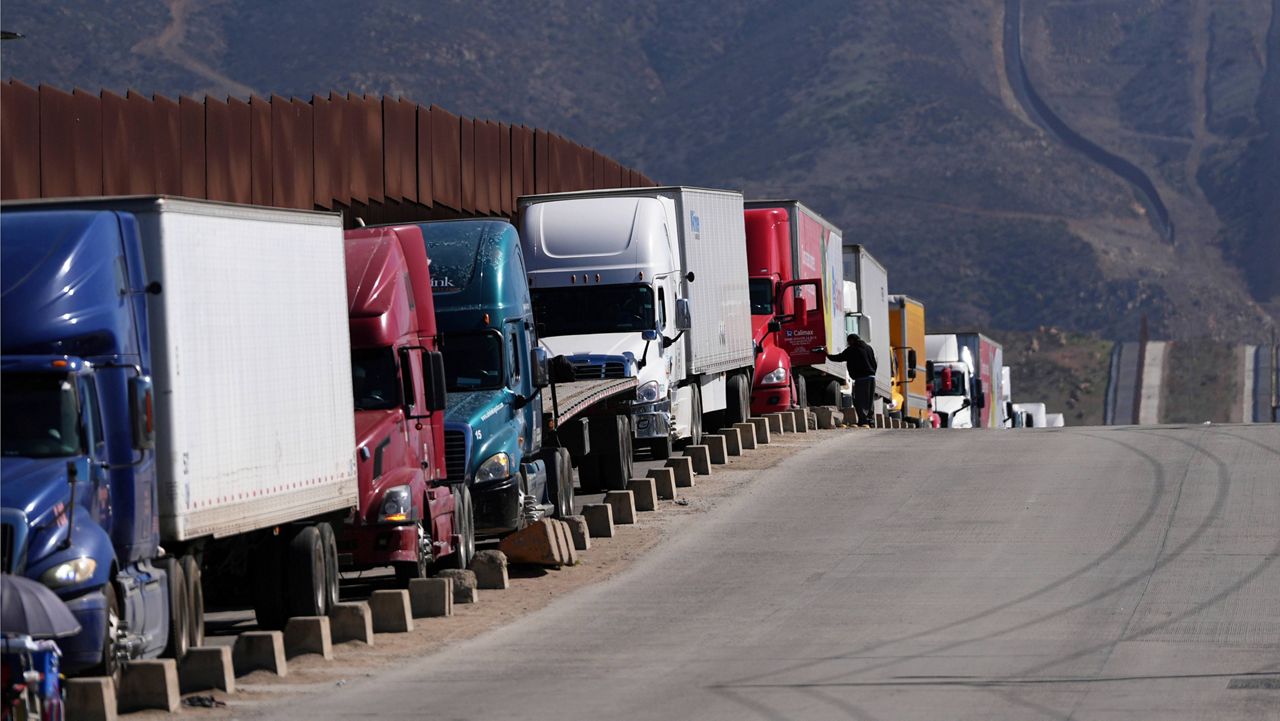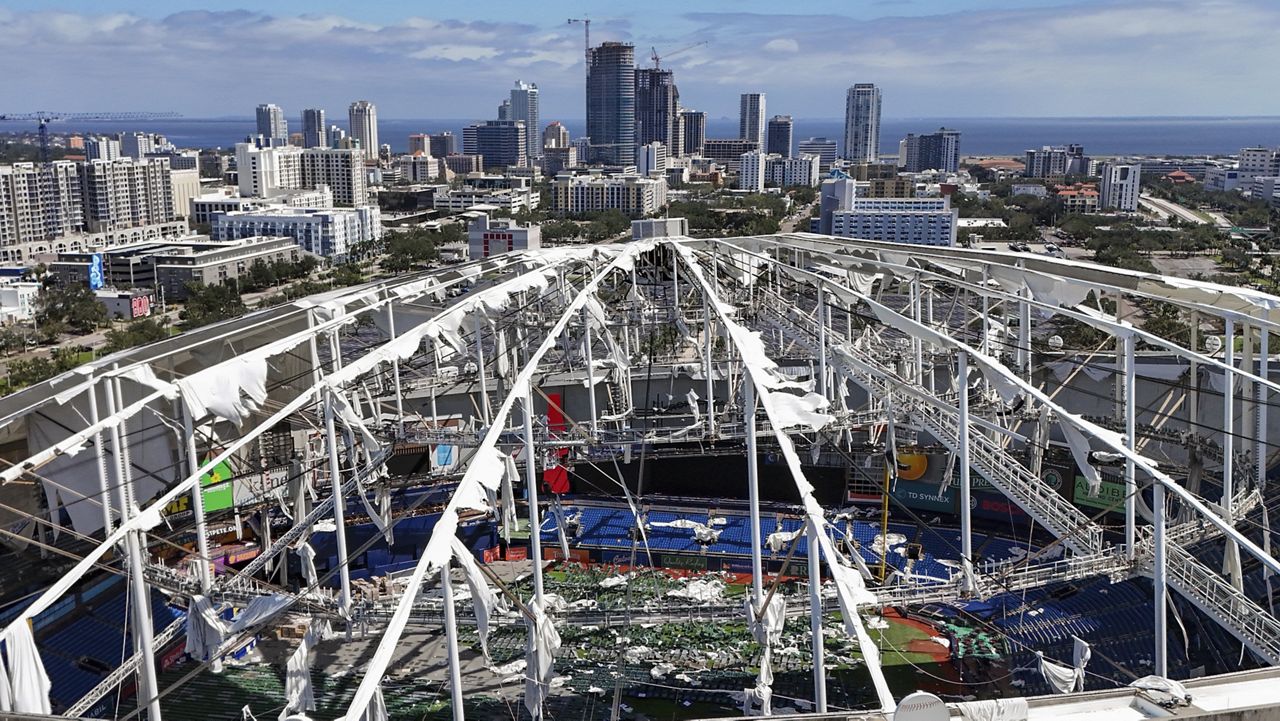Florida Gov. Ron DeSantis announced a signed partnership to use Florida state police to enforce immigration law, and a local activist reacts to a change in Temporary Protected Status.
Stories in this Episode of Political Connections
- Rubio says El Salvador offers to accept deportees from U.S. of any nationality, including Americans
- Venezuelan advocates in Central Florida react to Trump ending extension of temporary protected status
Plan to use troopers in immigration enforcement unveiled
Gov. Ron DeSantis has signed an agreement that will allow a partnership in Florida between state police and Immigration and Customs Enforcement.
That agreement would, in turn, empower some specially trained police to enforce federal immigration law across the state.
This new agreement allows Homeland Security and ICE to deputize some of our state troopers so that they can serve as immigration and customs officers, too.
It’s currently unknown what kind of capacity state police have to deploy immigration missions at the southern border and even the keys.
According to the state, Florida Highway Patrol is among the lowest-paid state agencies in the entire United States.
Troopers start out here at about $54,000 a year. And some say that’s a big reason why they’re struggling to hire and keep troopers.
At the moment, there are about 1,982 troopers on the rolls. And yet they’ve also got enough slots to hire at least another hundred troops.
“It’s not that we don’t need them. We have fewer troopers today than we had in 2012. But I can’t hire enough troopers as is to keep the vacancy rate low enough to hire in addition to what we have. Until the pay disparity is addressed, to be quite candid with you, sir, there’s no hope of us ever achieving 0% vacancy,” Florida FHP Director Dave Kerner said in the Florida Senate about hiring.
It’s currently unknown what training this cross training will entail or even how many troopers will get involved.
The Trooper’s Association has some concerns. They told our partners at the Tampa Bay Times that the agency will need more resources if they’re going to take on the additional responsibility.
Venezuelan advocates in Central Florida react to Trump ending extension of temporary protected status
The Trump administration is ending temporary protected status for Venezuelans, a move that could impact hundreds of thousands of people.
According to the National Immigration Forum, a nonprofit immigrant advocacy group, the United States provided Temporary Protected Status (TPS) to more than 344,000 Venezuelans. That’s just under half of the 863,000 foreign nationals granted TPS as of last spring.
As of January 2025, a total of 17 countries were designated for TPS, including Venezuela. But last week, the Trump administration announced the country would be removed from the list.
For the last two decades, William J. Diaz has been helping Venezuelans who come to the U.S. looking for better opportunities. He said thousands of Venezuelan families are now living in fear after the Trump administration announced it won’t extend the TPS program, which allows them to stay legally in the country.
“I feel terrible,” Diaz said.
Congress created Temporary Protected Status in the Immigration Act of 1990. It is a temporary immigration status provided to nationals of specifically designated countries that are confronting an ongoing armed conflict, environmental disaster, or extraordinary and temporary conditions.
“TPS is our baby, so I am really suffering a lot, especially because there’s over 600,000 Venezuelans in the whole country that now benefit from that,” Diaz said.
Francisco Symphorien-Saavedra , an immigration attorney and founder of the Symphorien-Saavedra Law, says Venezuelans are one of the largest beneficiaries from TPS.
“It allows people to stay here, to have a temporary status and to have work authorization," Symphorien-Saavedra said. "And to kind of have some peace of mind knowing that they can remain in the United States for a certain period, typically for 18 months at a time."
Diaz said many who come to the U.S. want better opportunities and are contributing members of society.
“They are not criminals," he said. "They’re working in hospitals. They are working on schools. They’re working on the hospitality industry. They are helping the social life in the community, in the whole country."
Rubio says El Salvador offers to accept deportees from U.S. of any nationality, including Americans
U.S. Secretary of State Marco Rubio left El Salvador on Tuesday with an agreement from that country's president to accept deportees from the U.S. of any nationality, including violent American criminals now imprisoned in the United States.
President Nayib Bukele "has agreed to the most unprecedented, extraordinary, extraordinary migratory agreement anywhere in the world," Rubio said after meeting with Bukele at his lakeside country house outside San Salvador for several hours late Monday.
"We can send them, and he will put them in his jails," Rubio said of migrants of all nationalities detained in the United States. "And, he's also offered to do the same for dangerous criminals currently in custody and serving their sentences in the United States even though they're U.S. citizens or legal residents."
Rubio was visiting El Salvador to press a friendly government to do more to meet President Donald Trump's demands for a major crackdown on immigration.
Bukele confirmed the offer in a post on X, saying El Salvador has "offered the United States of America the opportunity to outsource part of its prison system." He said his country would accept only "convicted criminals" and would charge a fee that "would be relatively low for the U.S. but significant for us, making our entire prison system sustainable."
Elon Musk, the billionaire working with Trump to remake the federal government, responded on his X platform, "Great idea!!"
After Rubio spoke, a U.S. official said Trump's Republican administration had no current plans to try to deport American citizens but called Bukele's offer significant. The U.S. government cannot deport American citizens, and such a move would be met with significant legal challenges.
The State Department describes El Salvador's overcrowded prisons as "harsh and dangerous." On its current country information webpage it says, "In many facilities, provisions for sanitation, potable water, ventilation, temperature control, and lighting are inadequate or nonexistent."
El Salvador has lived under a state of emergency since March 2022, when the country's powerful street gangs went on a killing rampage. Bukele responded by suspending fundamental rights like access to lawyers, and authorities have arrested more than 83,000 people with little to no due process.





